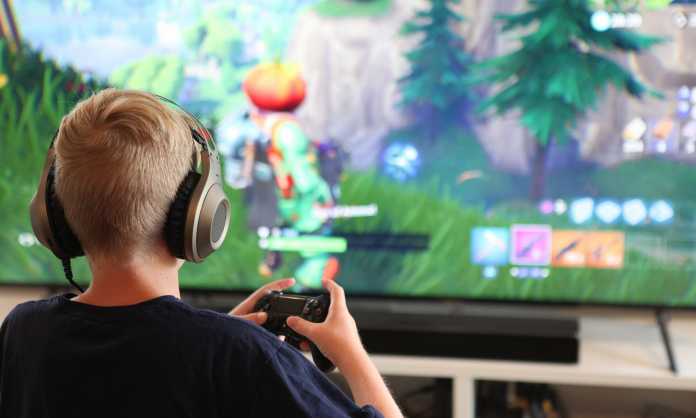Video games have come under criticism for many years from certain areas describing them as addictive, time consuming and a major influence on a child’s life. However, recently experts have seen how video games are not all doom and gloom as many would have you believe especially when it comes to children who are on the autistic spectrum.
We are seeing more and more that autistic children are actually benefitting from a wide range of video games that are helping them cope with day to day life. Schools, as well as home life, are profiting from the improvement in a child thanks to being taught with video games.
Can video games help autism?
Children with high functioning autism struggle with social skills and are often left feeling isolated as a result. Autistic children can also find it difficult with functioning skills such as organisation, planning, flexibility in structure and dealing with a new situation.
When it comes to teaching an autistic child, often the traditional methods can be thrown out of the window because, child dependent, they can often be ineffective.
However, studies have shown that it is becoming increasingly effective to teach autistic children with video games. Games, apps and other media outlets have been proven to engage children more and improve many life aspects that an autistic child might struggle with on a daily basis.
How video games benefit students with special needs?
Teaching an autistic child with video games is beneficial because they are able to explore a world unlike their own. As we have touched on, autistic children struggle with functional skills but they also struggle with social and emotional skills. Gaming can be a way of breaking down those barriers and allowing the child to open up to children in their class that they may not have done before.
It is becoming increasingly popular for parents and teachers to use even mainstream games such as Mario, Portal 2, Zelda, Lego and in particular Minecraft to promote the use of social and emotional skills, adventure and creativity so that the child can use the skills they have learnt in the game in the real world.
Even games with a sporting theme like FIFA or NBA 2K can help curb hyperactivity and improve behaviour, in particular boys. The quick movement and decision making helps with concentration levels and focus because they have to be precise with their decision. New bookmakers in the UK are always looking to e-sports competitions and an autistic child could be part of that team.
These mainstream games can also encourage you to play as a team and offer co-op levels so that you are playing together and building up a social relationship face to face. Despite some pitfalls surrounding online gaming and online chat, if a child’s console is regulated and their online use is monitored, they can benefit from participating in online gaming with their friends and building their social skills.
In Minecraft, the player is encouraged to explore a world and create their own one whilst completing certain tasks. This can either be done on their own or as part of a team encouraging social skills and function skills in terms of building their own world in this sandbox game. If you choose to use Minecraft as an option for your child, it is important to consider the Minecraft Gaming PC requirements and make sure it will run on your computer or laptop.
However, more specified developed games such as TeachTown are being used in the classroom to help with social and language skills. The game is designed to show an array of images and teach the child some more contextual knowledge and some feelings that they might have towards this object.
Research showed that it enhanced many areas of social communication and reduced behavioural issues. Technology can surely help your child in daily activity, counselling can be done as well via virtual aba. No need to go there just to get information on your queries.
How can I help my child with video game addiction?
This is where an issue can arise and specifically when does a child need to stop using technology and in particular gaming. For all the benefits of gaming it can be difficult for an autistic child to know when to stop. One moment they are being told that games are helping them and the next they are being told that they need to stop playing.
One of the best ways of approaching the issue is be limiting how much they play their games. Bringing in a structure as to when they can play their games means they can see themselves when they are allowed to play their games and how long they are allowed to play for.
It could also be a good method to involve the child in the planning of the structure so they feel like they have some control on the timetable.
So should video games be used?
All the evidence suggests that an autistic student can benefit greatly from using video games to aid their learning particularly with improving their social skills and functioning skills. They are able to focus more and reduce any behaviour issues that may occur on a daily basis. Using video games can help increase concentration and improve focus in lessons.
So rather than viewing video games as a mindless waste of time, it should be viewed as a way of channelling creativity and improving skills that may have required extra care and attention previously.
Disclaimer: This article contains sponsored marketing content. It is intended for promotional purposes and should not be considered as an endorsement or recommendation by our website. Readers are encouraged to conduct their own research and exercise their own judgment before making any decisions based on the information provided in this article.




































































